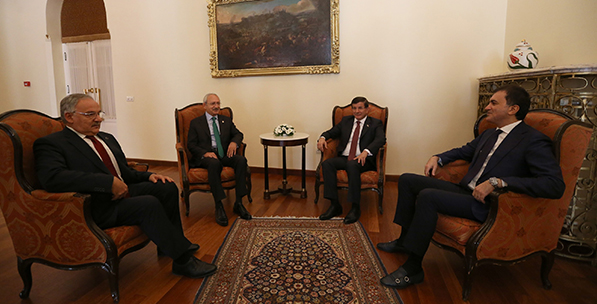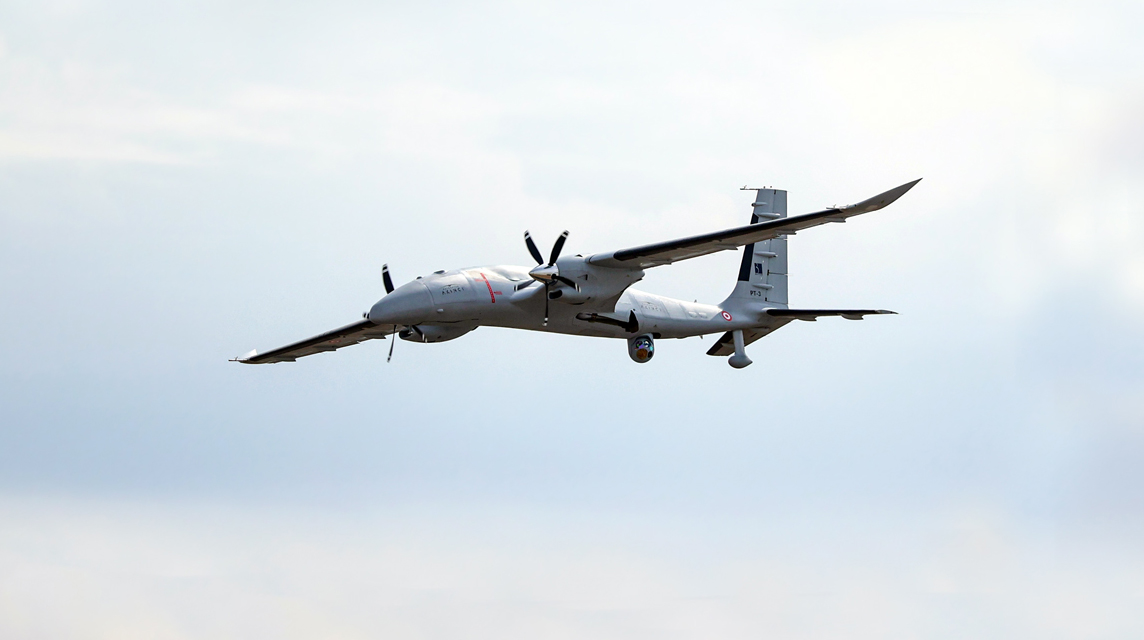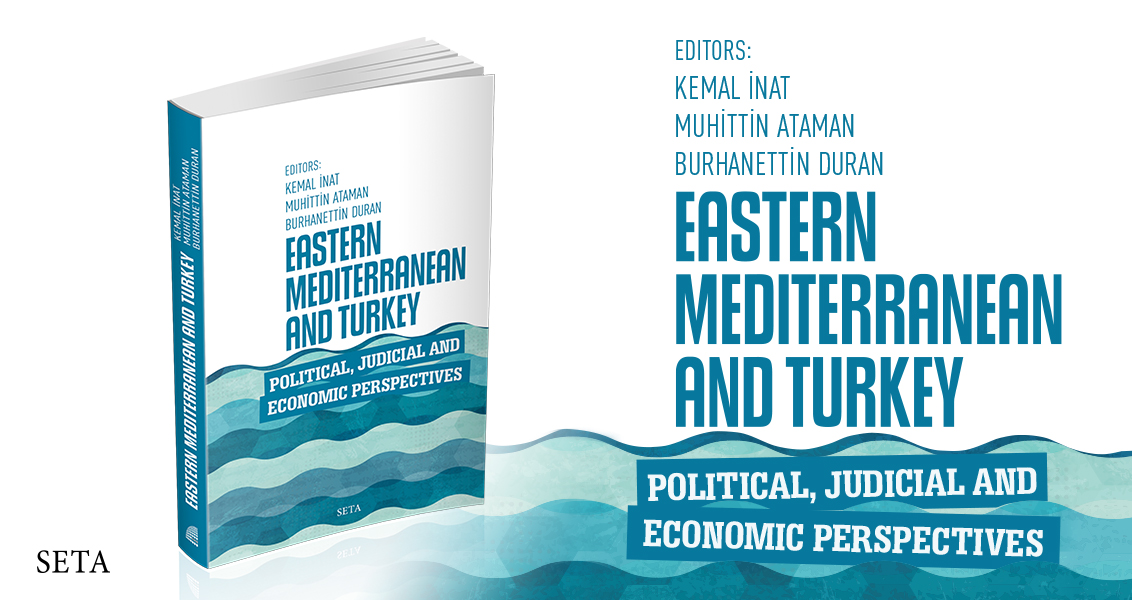Especially in countries going through democratic transitions or efforts at democratic consolidation, sustaining economic stability might play a catalytic role for political actors dealing with domestic fluctuations. In Turkey's case, the decade-long virtuous circle of political stability, macroeconomic prudence, rapid growth and domestic security seem to have reached a halt with the critical June 7 general elections. The resulting fragmentation of the political landscape despite the Justice and Development Party's (AK Party) continuing to lead, prevented the formation of a single-party government and protracted coalition negotiations with the Republican People's Party (CHP) and Nationalist Movement Party (MHP) ended in disappointment. As the country is headed to another round of general elections in the autumn, elements of a gloomy outlook began to emerge from the political, economic and social grounds that used to characterize the "Old Turkey" of our distant memories. Following the relatively peaceful post-elections interlude, political bickering among leaders resumed with full force, polarization among Turkish and Kurdish nationalists is heightened in the wake of vicious terrorist attacks by the PKK and the relative weakening of the sense of domestic security and predictability has begun to threaten economic prospects.
Although the public's focus is concentrated on the ongoing political impasse and debates concerning the constitutional role of President Recep Tayyip Erdogan and security concerns in the wake of terrorist attacks, the real danger for Turkey's long-term stability may come from the economic front. The backbone of systemic stability that characterized Turkey's last decade has been economic stability, predictability and absence of shocks such as an economic crisis or recession. The AK Party's political stance and development narrative were based on sustained growth and socio-economic modernization along with conservative values, which rightly attracted the attention of regional and global investors. Therefore, despite the vagaries of political struggles and economic fluctuations in the wake of the global crisis, Turkey managed to maintain the image of a well-governed and predictable economy competing effectively with fellow emerging markets.
Over the course of the last three years, the negative signals of lackluster growth, increasing unemployment and accumulated foreign debt of the private sector were recognized but accommodated, thanks to the robust macroeconomic governance and supervision structure. However, as political uncertainties and incessant terror attacks continue to damage public morale, we might be entering dangerous waters as the recent steep rise in exchange rates, and especially the dollar, mean that the Turkish lira has begun to decouple from the currencies of emerging economies as the worst performer. As Turkey's economy is sensitive to exchange rate volatilities due to the import dependency for the energy, manufacturing and productive sectors, a long-term jump in exchange rates is likely to create inflationary pressures, increase the financial burden of small- and medium-sized enterprises, curb economic growth and trigger further unemployment. The Central Bank of Turkey seems hesitant to use its entire arsenal on monetary policy before being convinced about the possible game plan of the U.S. Federal Reserve (Fed), which adds to the uncertainties in the markets and the feeling of unpredictability among investors.
Perhaps the most important hazard of the current conjuncture is that for the first time in years, economic stability has lost its foremost importance in the eyes of policy makers, as the AK Party seeks ways to regain its parliamentary majority against the shortsighted tactics of opposition parties in the midst of a domestic security predicament. It is perfectly understandable that the existential reflexes of political actors dominate concerns of economic prudence under such extraordinary conditions. However, if the current political impasse takes longer and








